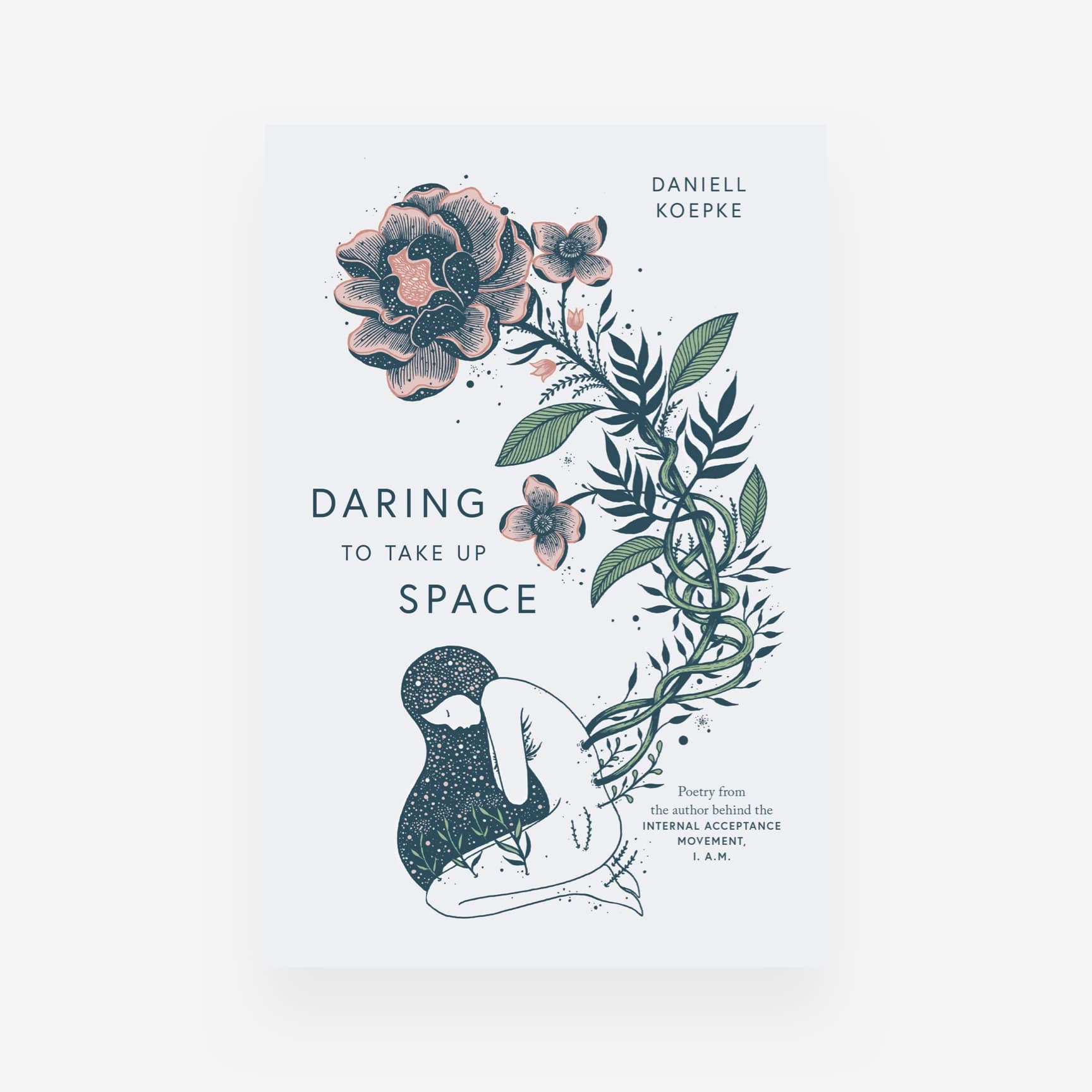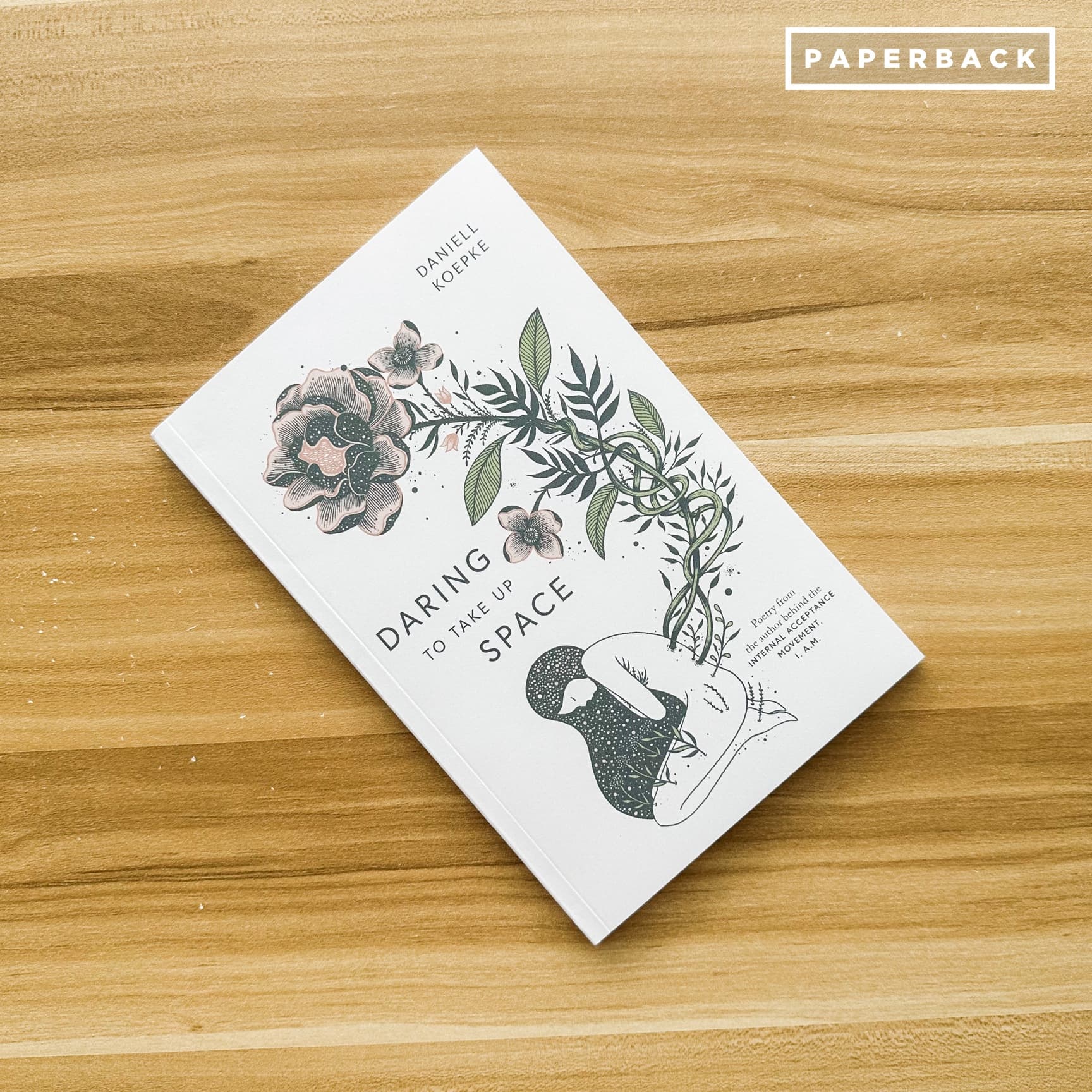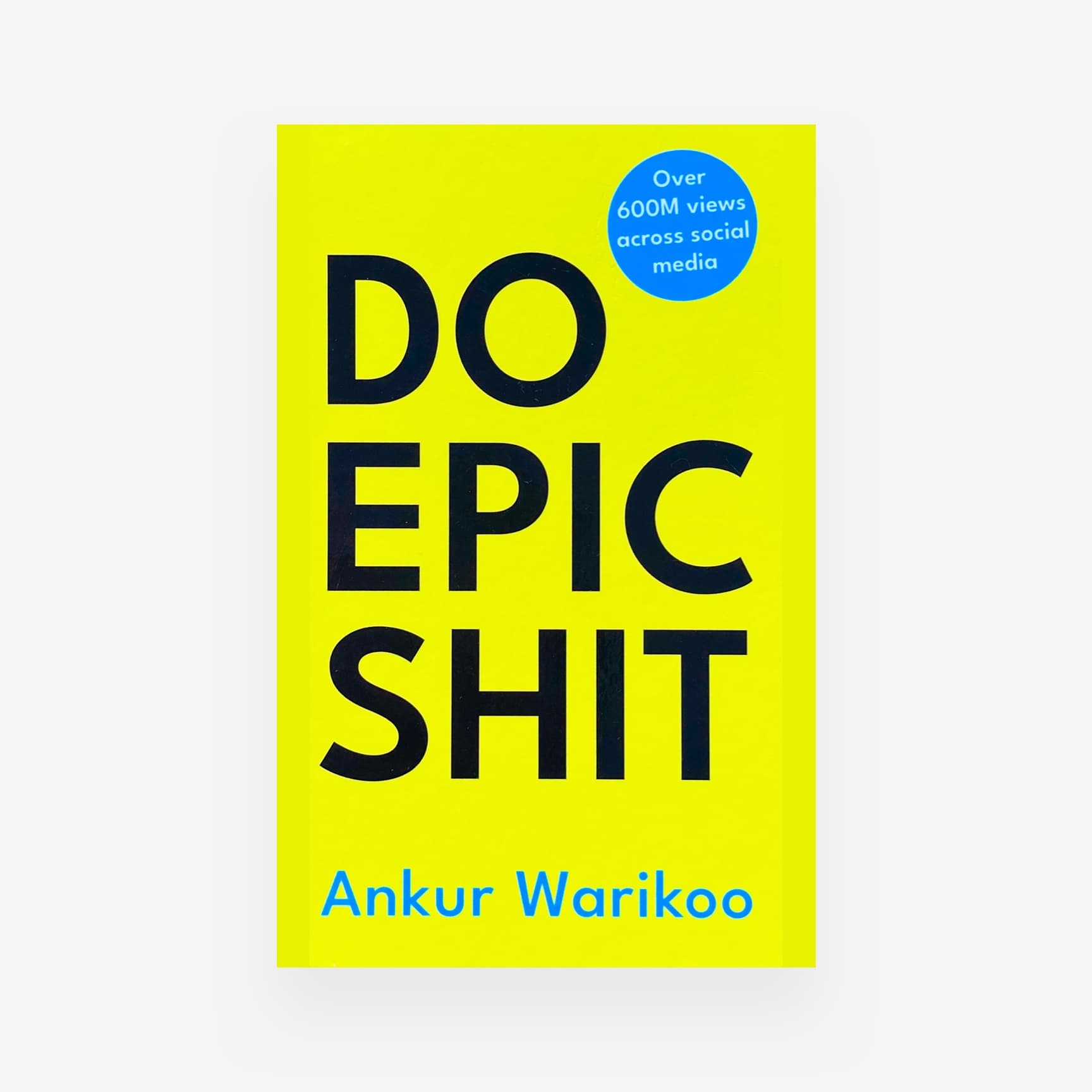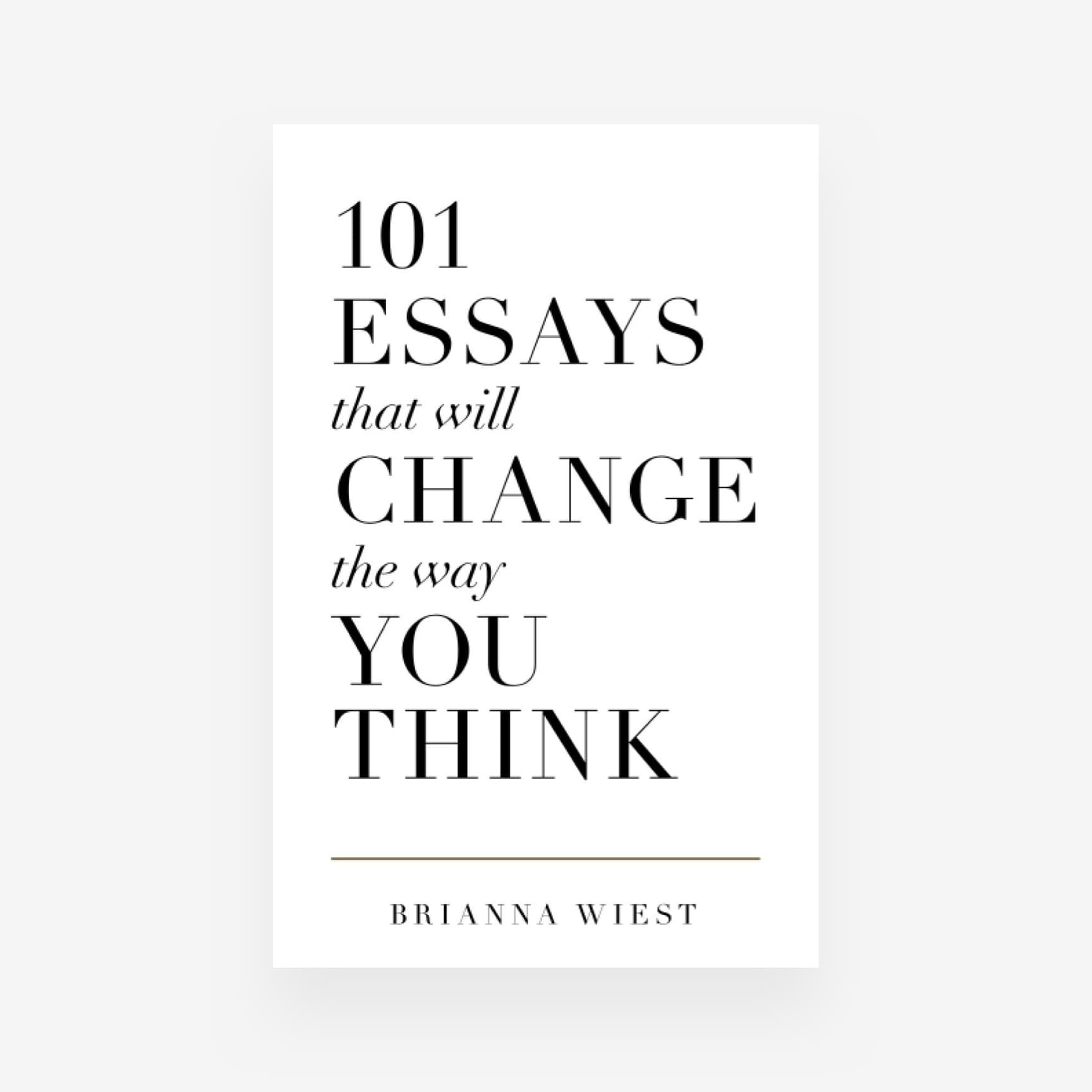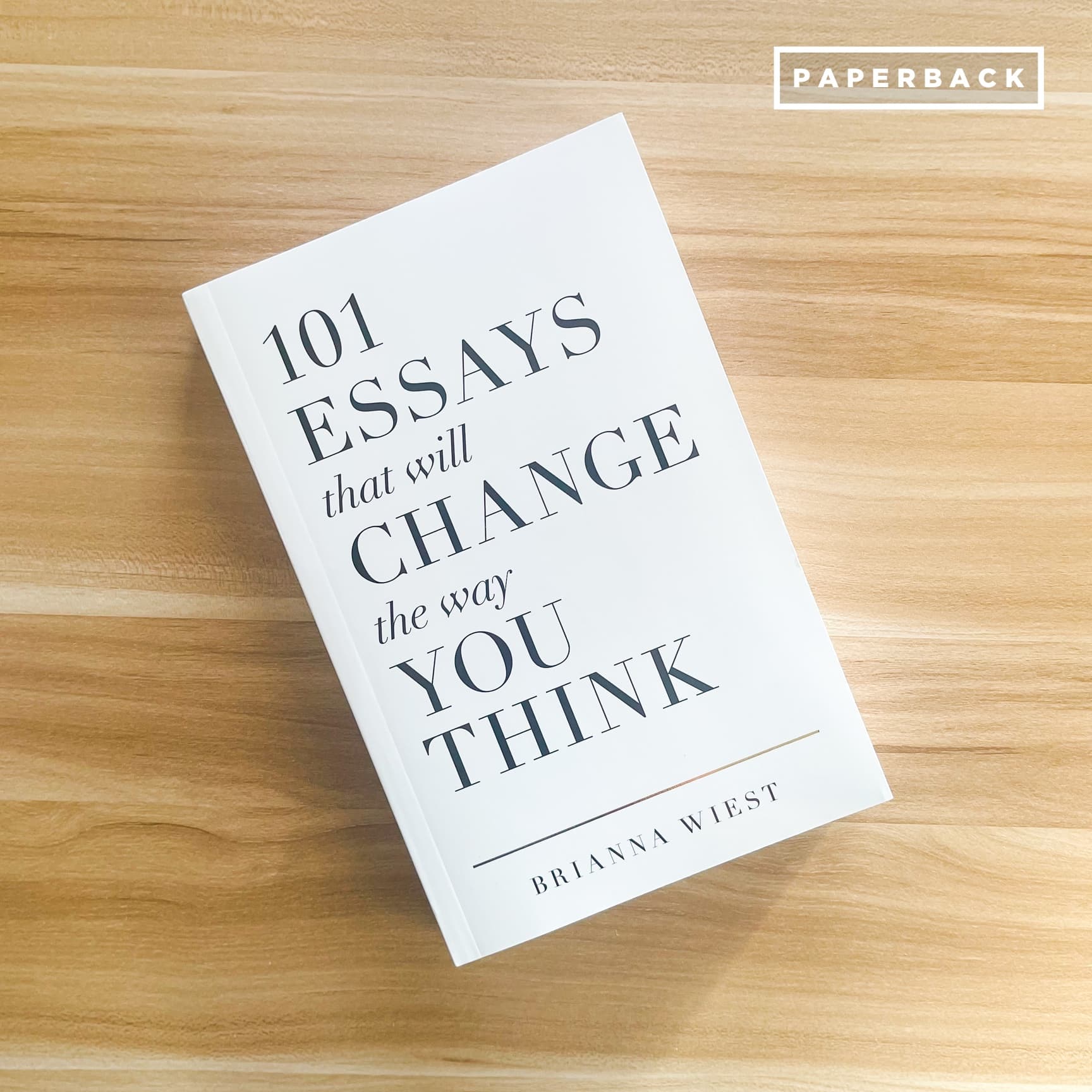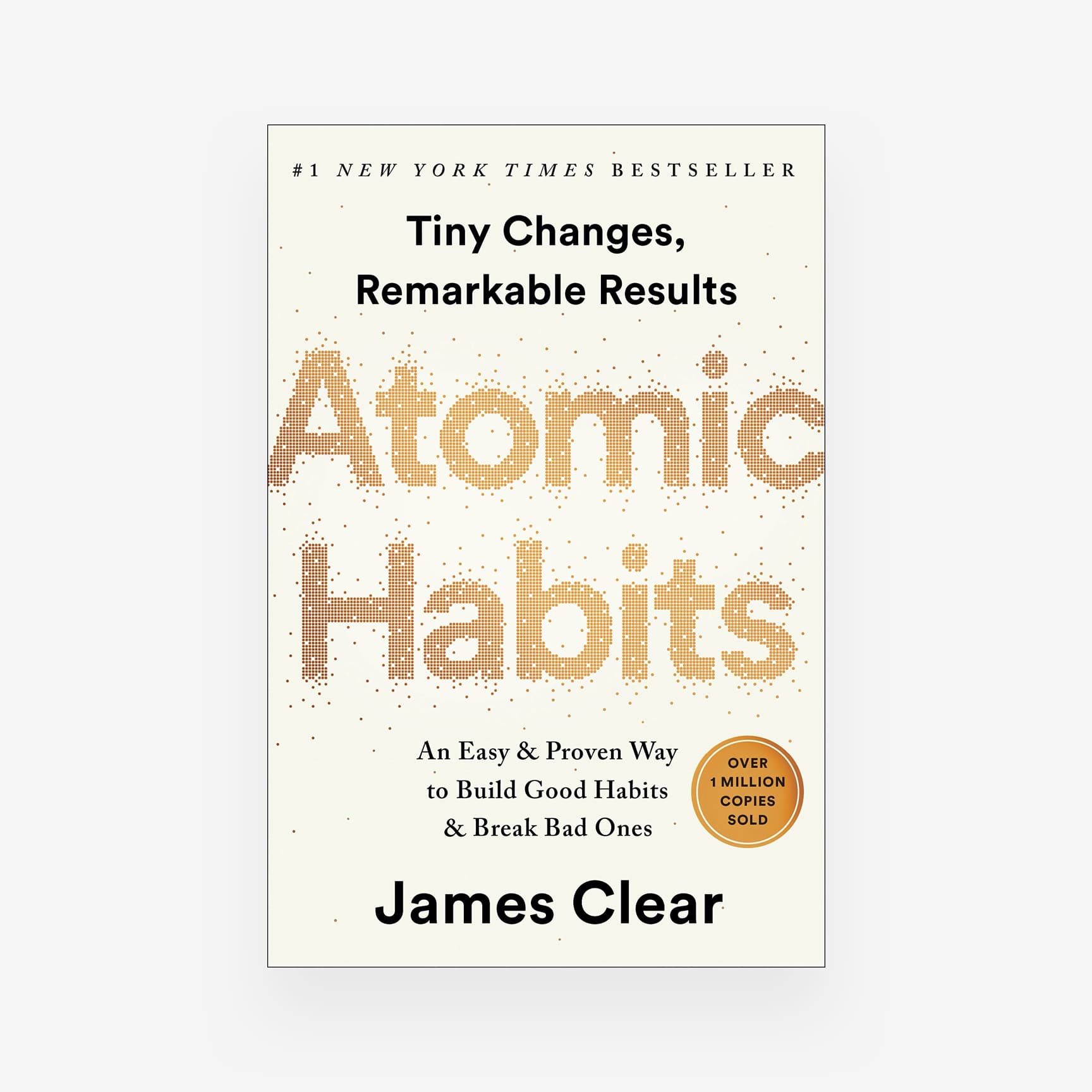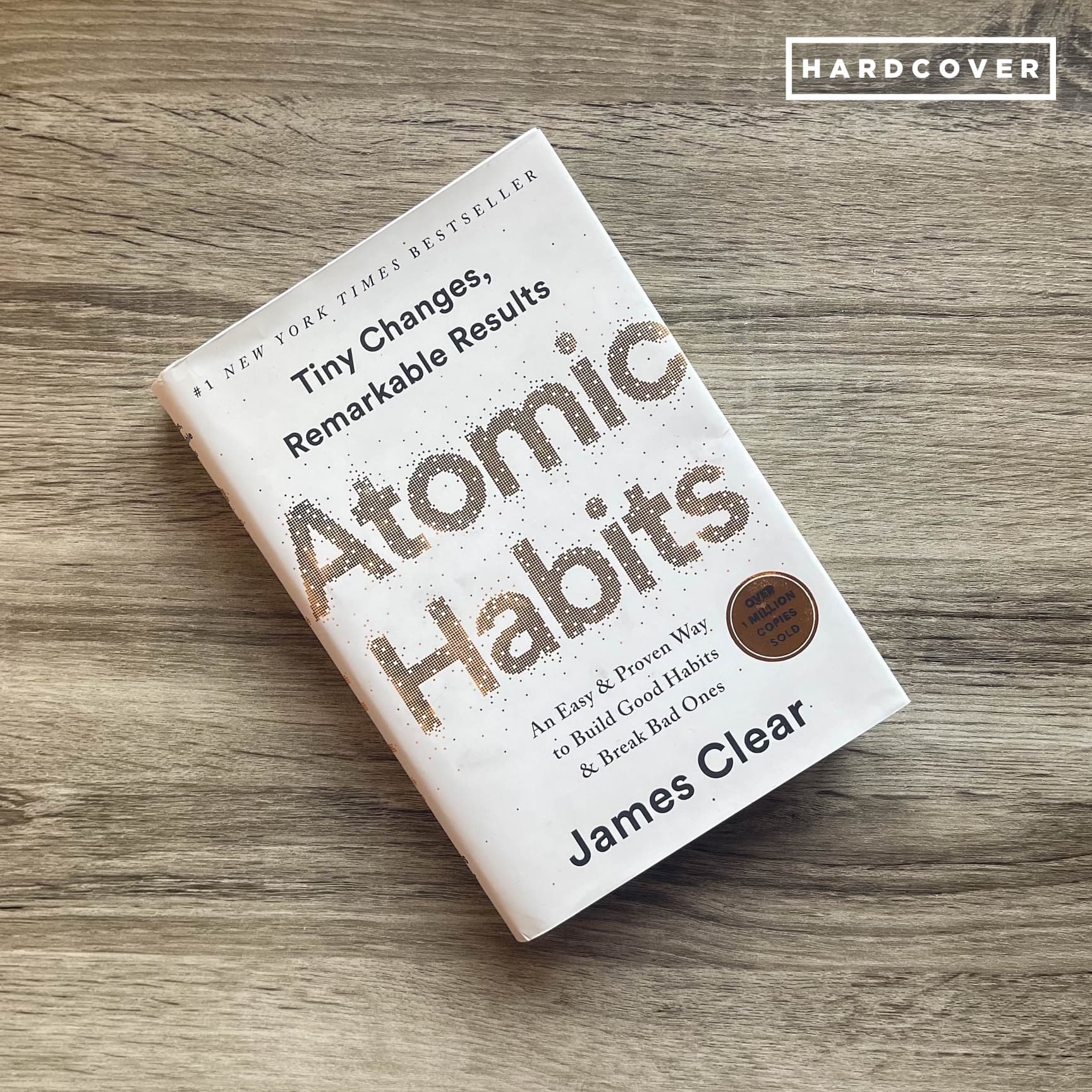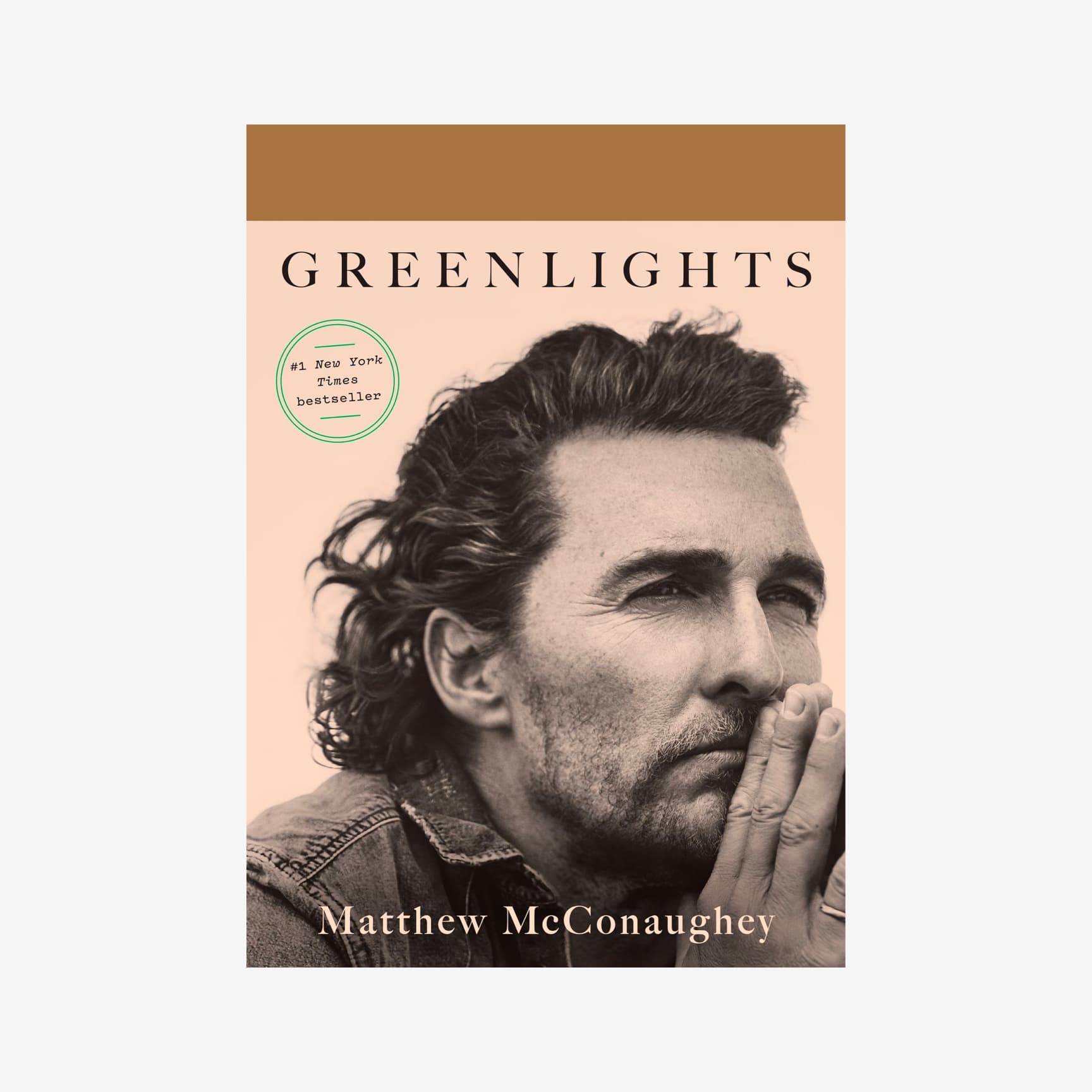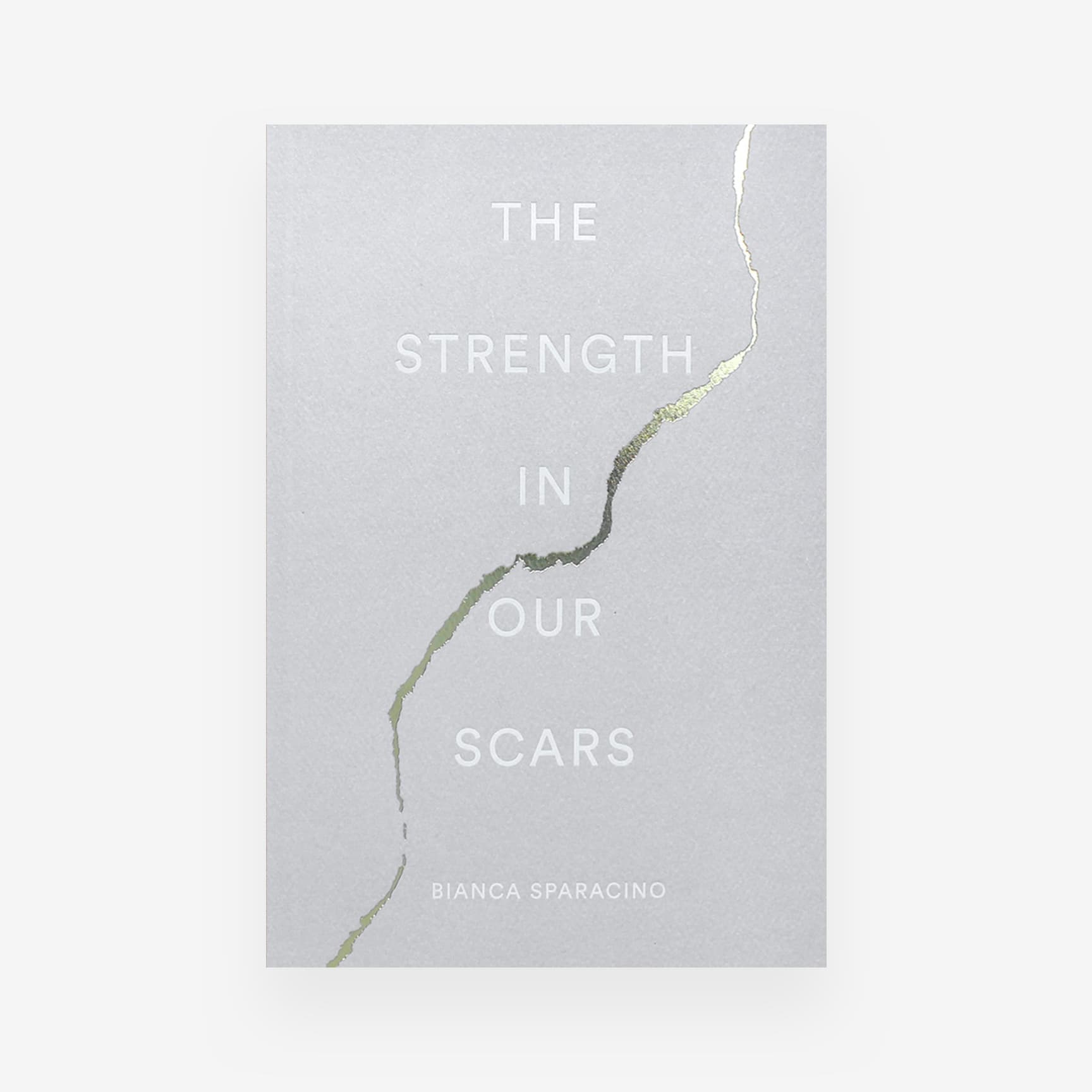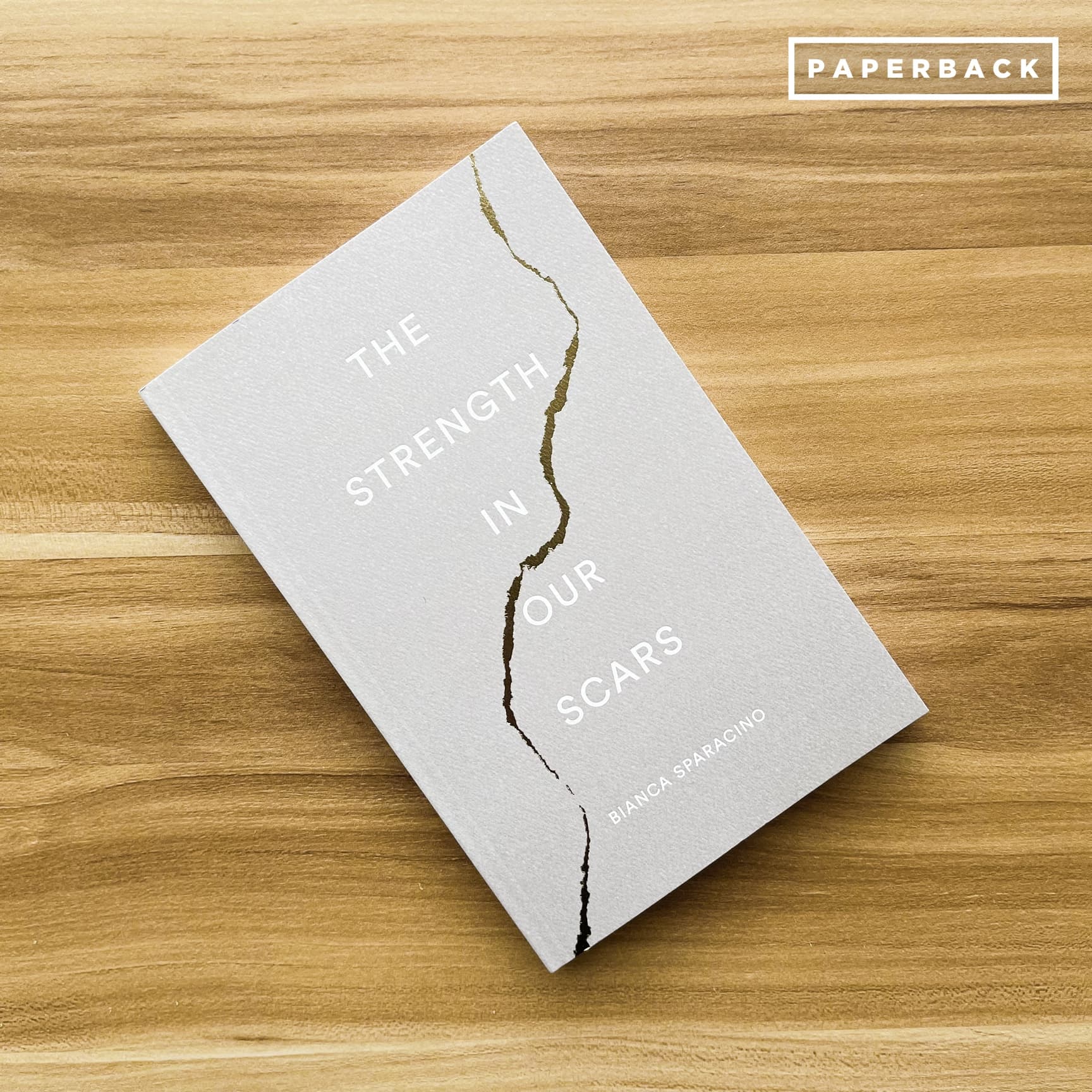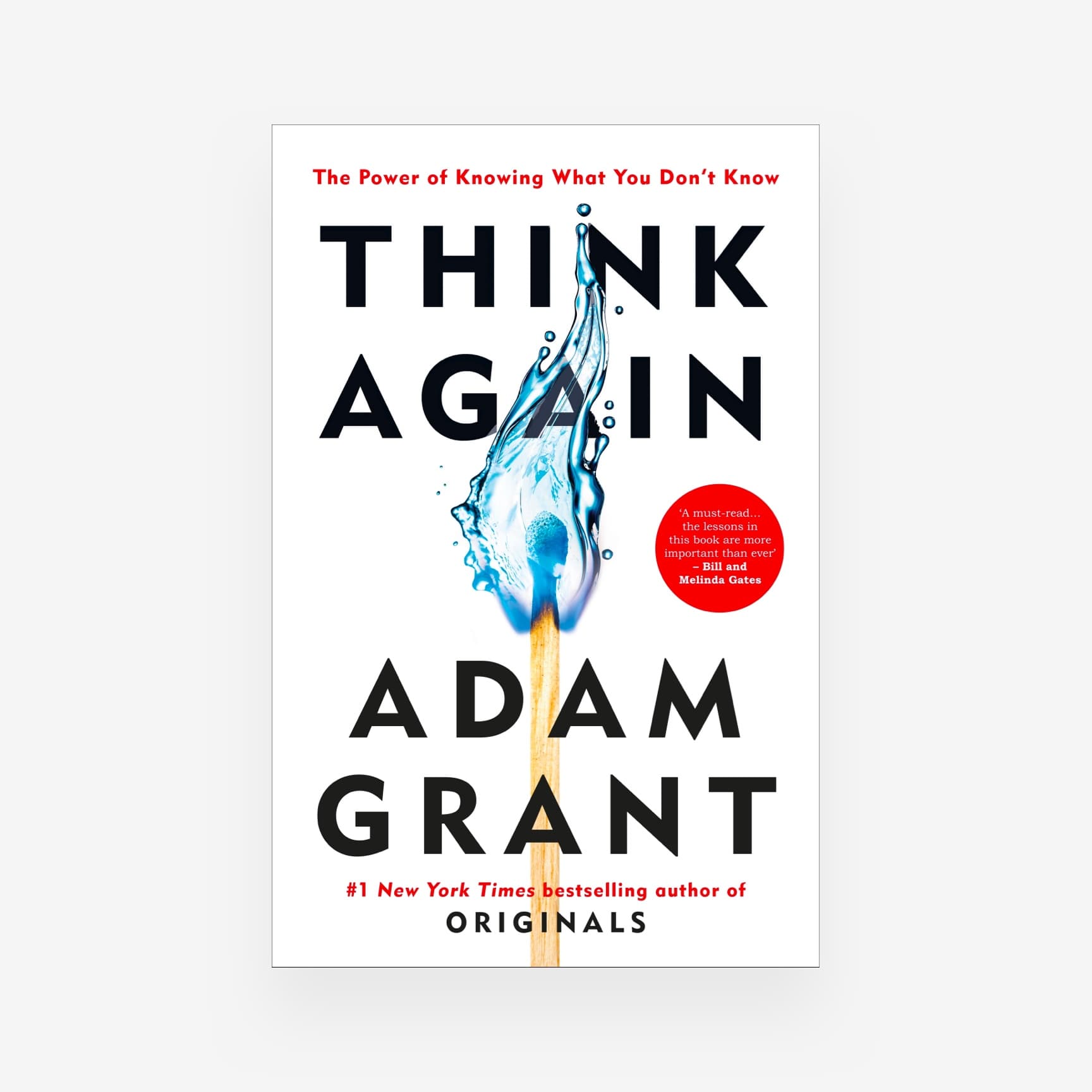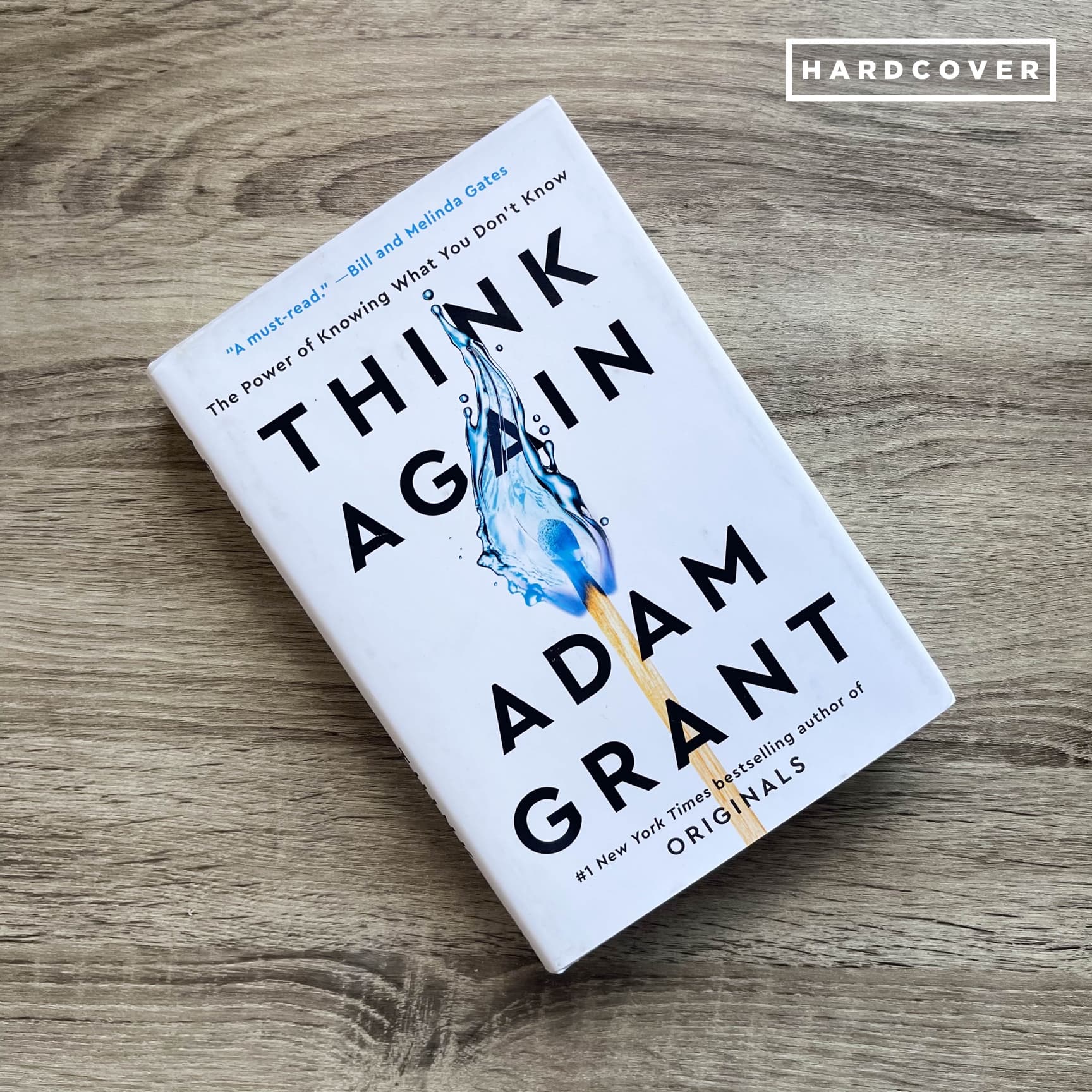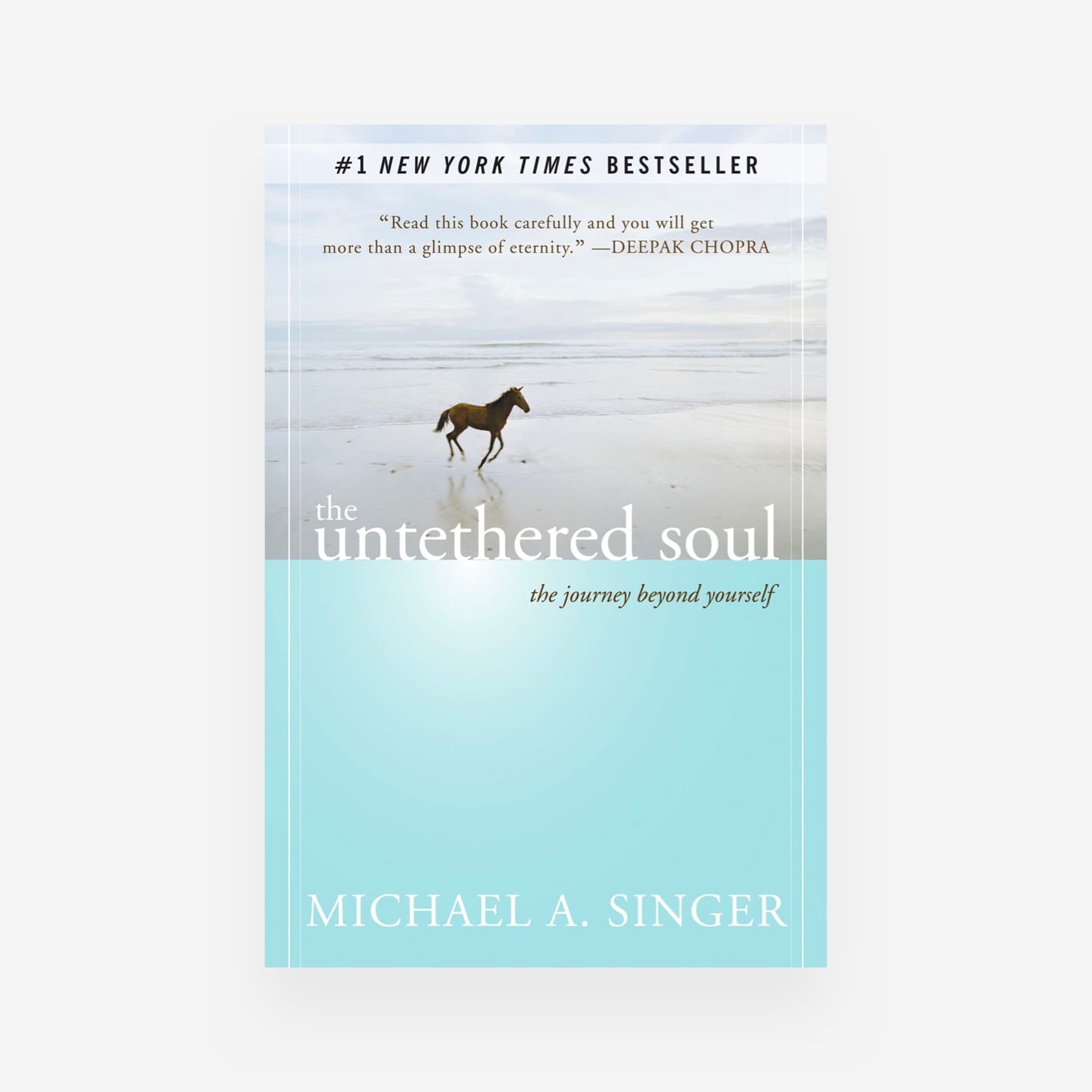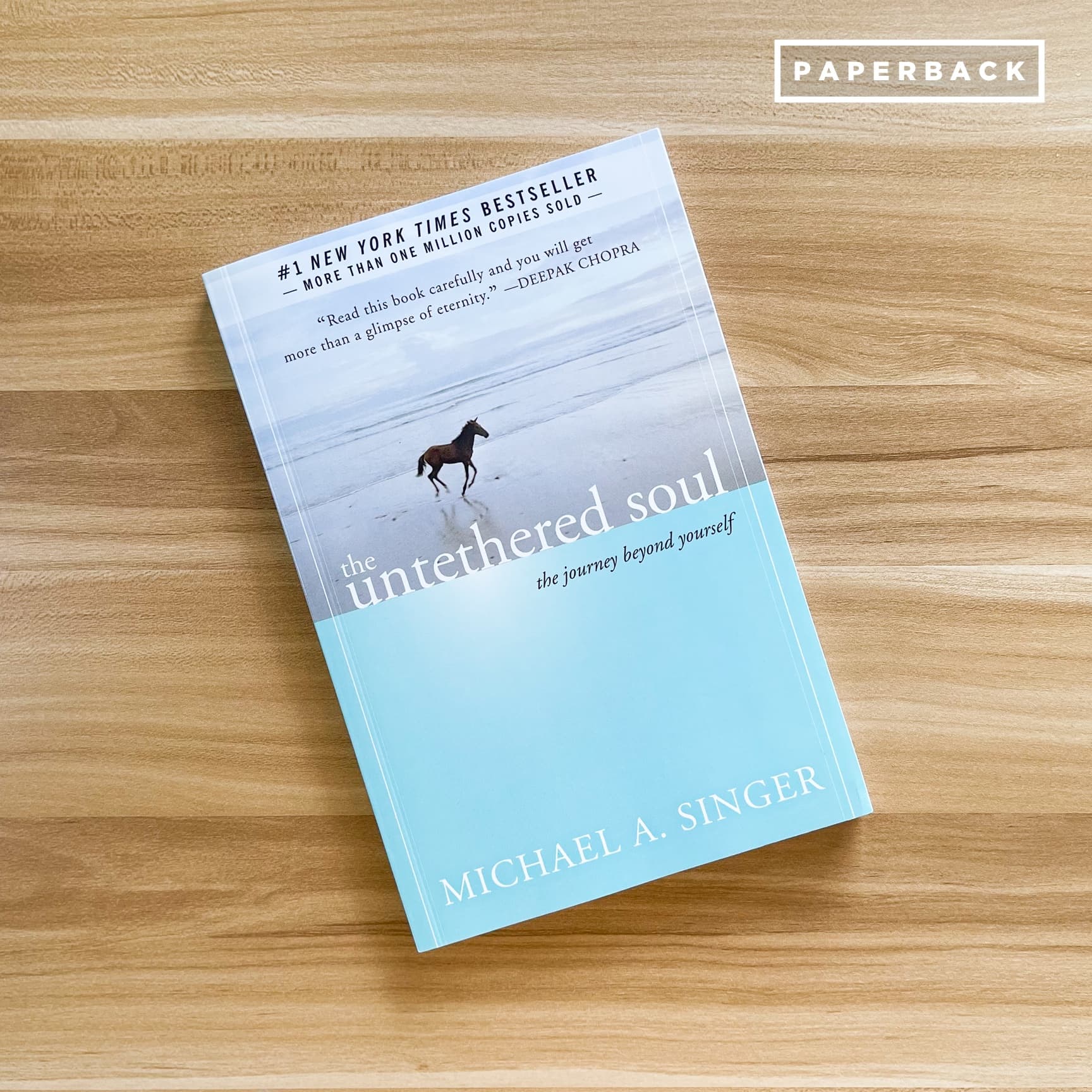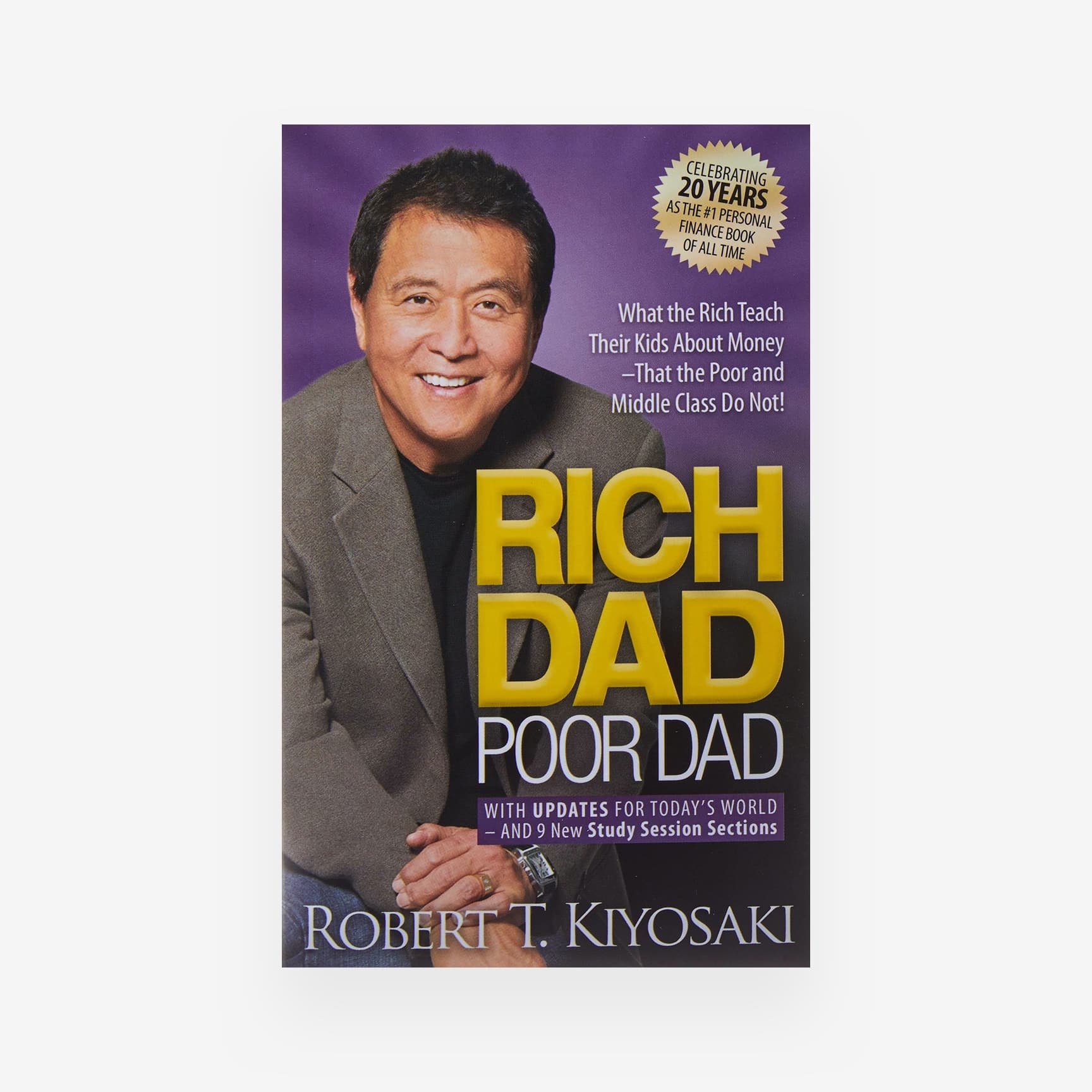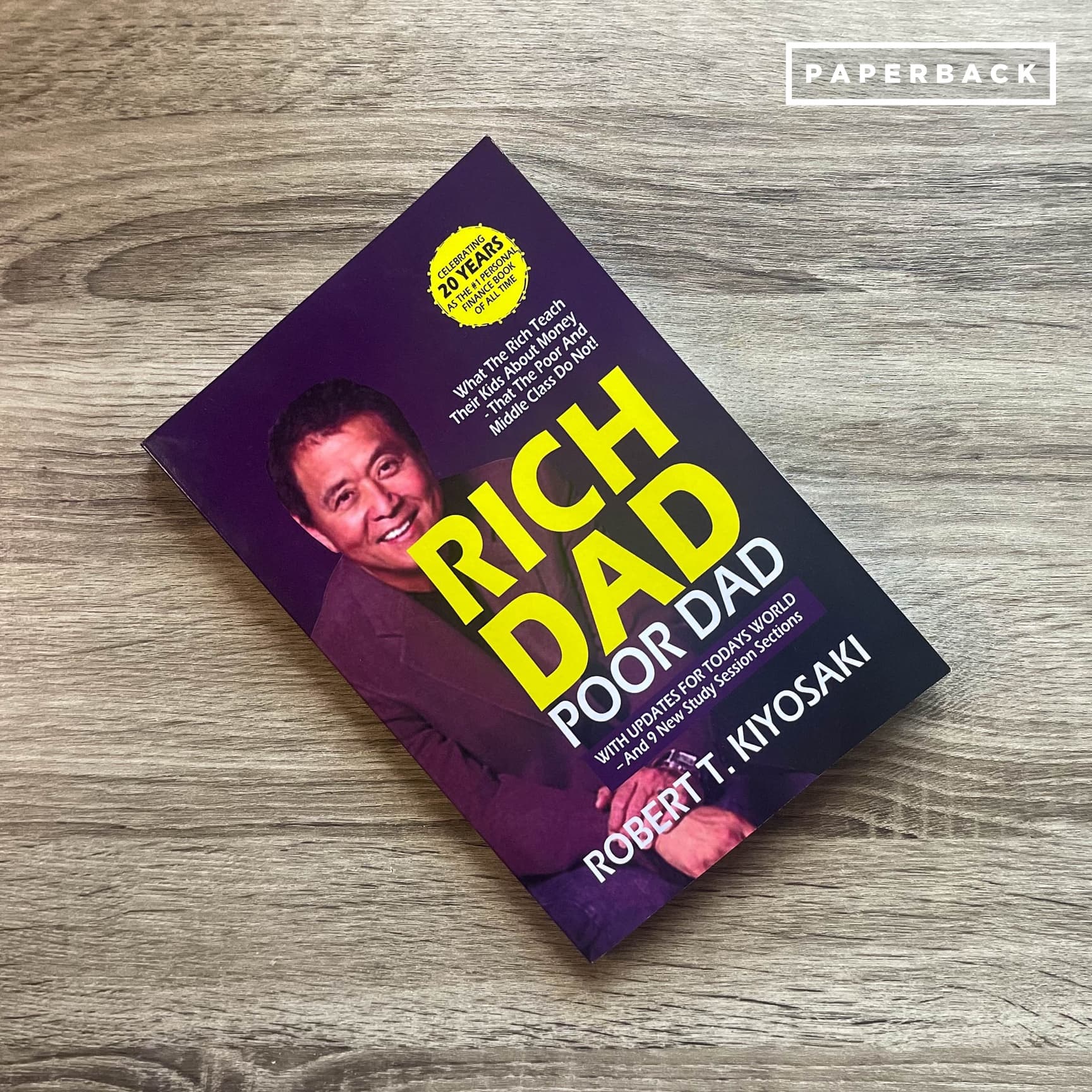In literature, non-fiction books hold immense potential to expand our knowledge, provide valuable insights, and fuel personal growth. However, with countless options available, finding and choosing the right non-fiction books can be a daunting task. Fear not! In this blog, we will explore essential tips and strategies to help you navigate the process with confidence and discover captivating non-fiction reads that resonate with your interests and aspirations.

Photo from the wires
1. Understanding Your Interests and Preferences
Before embarking on your quest for non-fiction books, it is crucial to reflect on your interests and passions. Consider what captivates your curiosity, whether it's history, science, biographies, or self-help. Identifying preferred genres and subjects will help narrow your search and ensure an enjoyable reading experience.
For good measure, ponder your personal reading goals and motivations. Do you seek intellectual stimulation, personal growth, or a deeper world understanding? Understanding your objectives will guide you toward books that align with your aspirations.
2. Researching Non-Fiction Genres and Subjects
Once you grasp your interests, it's time to delve into the diverse world of non-fiction genres and subjects. Explore popular genres such as biography, history, science, self-help, psychology, and sociology. Familiarize yourself with different subject areas within these genres to discover new avenues of knowledge and inspiration. Moreover, don't shy away from exploring subgenres and niche topics that may align perfectly with your unique tastes.
3. Exploring Bestseller Lists and Awards
Bestseller lists and prestigious book awards are great indicators of non-fiction books that have garnered widespread acclaim. Explore popular bestseller lists in your preferred genre to discover books that have resonated with readers worldwide. To add, watch reputable book awards such as the Pulitzer Prize, National Book Awards, and Nobel Prize in Literature. These accolades highlight exceptional non-fiction works, ensuring you don't miss out on remarkable reads.
4. Reading Book Reviews and Synopses
Before committing to a non-fiction book, review book reviews from trusted sources. Explore reviews that offer a balanced perspective, highlighting both the strengths and weaknesses of the book.
Moreover, read book synopses and summaries to grasp the main themes and content. Consider multiple reviews to gauge if a particular book aligns with your expectations and interests. Remember, diverse opinions provide valuable insights that aid decision-making.
5. Sampling Excerpts and Previewing Chapters
To gauge the writing style and content suitability of a non-fiction book, seek opportunities to sample excerpts and preview chapters. Many books offer online previews or free sample chapters, allowing you to get a taste of the author's prose and the book's structure.
Additionally, visit bookstores and libraries to physically flip through the pages, immersing yourself in the narrative. Sampling excerpts and chapters can help you assess if a book resonates with your preferred writing style and if it engages your intellectual curiosity.
6. Checking Author Background and Credibility
The credibility and expertise of the author play a significant role in the quality of a non-fiction book. Conduct research on the author's background, qualifications, and expertise in the subject matter.
Explore their previous works and assess their reputation within the literary community. Understanding the author's writing style and tone will help you determine if their approach aligns with your preferences and if they provide a credible perspective on the topic.
7. Assessing Book Format and Length
Consider your preferred book format—whether you enjoy the tangible experience of print books, the convenience of e-books, or the versatility of audiobooks. Additionally, evaluate the book's length and time commitment required.
Longer non-fiction works may delve deeper into subjects, providing comprehensive knowledge, while shorter books offer concise and focused insights. Choose a format and length that suits your reading preferences and fits comfortably into your schedule.
8. Budgeting and Availability
Consider your budget when selecting non-fiction books. Evaluate the book's price and affordability, especially if you plan to purchase multiple books. Explore alternative options such as used books, book swaps, or library rentals to enjoy non-fiction reads without straining your finances. Additionally, check the availability of books in different formats or editions to ensure you can access them conveniently.
9. Embracing Diversity and Varied Perspectives
When choosing non-fiction books, consider seeking out diverse voices and perspectives. Non-fiction literature offers a wide range of narratives, experiences, and viewpoints.
Look for books that explore different cultures, regions, and historical periods. By embracing diverse perspectives, you enrich your understanding of the world and foster empathy and inclusivity.
10. Keeping a Reading Journal or Track Your Progress
Maintaining a reading journal or tracking your progress can benefit your non-fiction reading journey. Consider recording your thoughts, reflections, and key takeaways from the books you read.
Documenting your reading experiences helps you track your interests, revisit favorite authors or subjects, and identify patterns in your reading habits. Additionally, it serves as a personal archive of your intellectual growth and a resource for future recommendations.
11. Emphasizing the Power of Book Cover and Design
While judging a book by its cover may not always be accurate, book covers and design can influence your decision-making process. Pay attention to visually appealing covers, intriguing typography, and well-designed book layouts. Aesthetically pleasing books can enhance your reading experience and make the journey more enjoyable.
12. Sharing Recommendations and Building a Community
As you discover and enjoy non-fiction books, share your recommendations with others. Start conversations, recommend books to friends, or write reviews on platforms like Goodreads or online bookstores.
Building a community around non-fiction literature creates a space for meaningful discussions, fosters a love for reading, and allows for the exchange of recommendations and insights.
Final Thoughts
Finding and choosing non-fiction books is an exciting journey that allows you to explore the depths of human knowledge and experience.
By understanding your interests, leveraging online resources, and considering trusted recommendations, you can curate a collection of non-fiction books that captivate your curiosity and enrich your life.
Embrace the world of non-fiction literature, embark on your reading adventure, and unlock a world of endless learning and growth. Happy reading!


